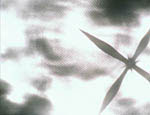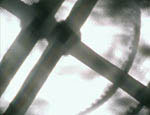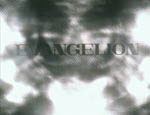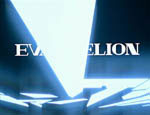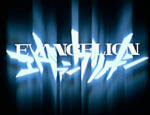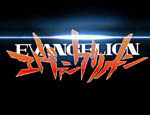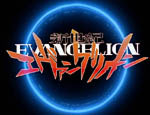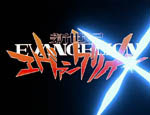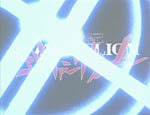FGC:OP Cut 003: Difference between revisions
Jump to navigation
Jump to search
No edit summary |
UrsusArctos (talk | contribs) No edit summary |
||
| Line 2: | Line 2: | ||
{{FGC:Scene | {{FGC:Scene | ||
|cuts= | |cuts= | ||
</noinclude>{{FGC:Cut|episode= | </noinclude>{{FGC:Cut|episode=OP | ||
|cutname= | |cutname=003 | ||
|images= | |images=[[Image:OP_C003_a.jpg]] | ||
[[Image:OP_C003_b.jpg]] | |||
[[Image:OP_C003_c.jpg]] | |||
[[Image:OP_C003_d.jpg]] | |||
[[Image:OP_C003_e.jpg]] | |||
[[Image:OP_C003_f.jpg]] | |||
[[Image:OP_C003_g.jpg]] | |||
[[Image:OP_C003_h.jpg]] | |||
[[Image:OP_C003_i.jpg]] | |||
[[Image:OP_C003_j.jpg]] | |||
|cutnumbertext=[[FGC:OP Cut 003|Edit]] | |cutnumbertext=[[FGC:OP Cut 003|Edit]] | ||
| Line 13: | Line 31: | ||
{{FGC:Script Text|type=description | {{FGC:Script Text|type=description | ||
|text=}} | |text=Black halations ~ title logo.}} | ||
{{FGC:Script Text|type=SE | {{FGC:Script Text|type=SE | ||
| Line 32: | Line 50: | ||
|comments= | |comments= | ||
{{FGC:Comment|name= | {{FGC:Comment|name=Reichu | ||
|comment=}} | |comment=The title appears (and vanishes) in a frenzy of cross-shaped… sparkly things. (The same motif will be used for the eyecatches.) The Japanese characters here read Shin-seiki EVANGERION, which translates literally to “New Century Evangelion”. There is a misconception floating around that the alternate title was created for ADV's sake, while, in actuality, the dichotomy was planned from the beginning. Indeed, “Neon Genesis Evangelion” is there in every single episode at Eyecatch B! | ||
Strictly speaking, calling the alternate title “English” is a bit misleading. It's more accessible to English-speaking audiences than Shin-seiki Evangelion, surely, but that's probably because of the Greek roots at play. English, although a Germanic language, borrows a lot from Greek (either directly or secondhand from Latin). Consulting word etymologies in my American Heritage Dictionary, here's what we get: | |||
* neon is the neuter form of neos, meaning “new“ | |||
* genesis means “birth” or “origin” | |||
* evangelion comes from euangelion (ancient Greek had no "v"), which is listed here as meaning "good news". The term is ultimately derived from euangelos, a combination of eu- ("good") and angelos ("messenger" — and, yes, this is where the term "angel" comes from). In modern usage, "good news" has come to refer to the Christian gospel, which is why you'll often see Evangelion translated as “gospel”. | |||
So in absolute literal terms, “Neon Genesis Evangelion” means “New Birth Gospel”. Errrr… okay. }} | |||
{{FGC:Comment|name= | {{FGC:Comment|name= | ||
Revision as of 01:37, 20 April 2008
| Screenshots | Cut # | Description/Dialogue | Commentary | ||
|---|---|---|---|---|---|
| Edit |
|
|
